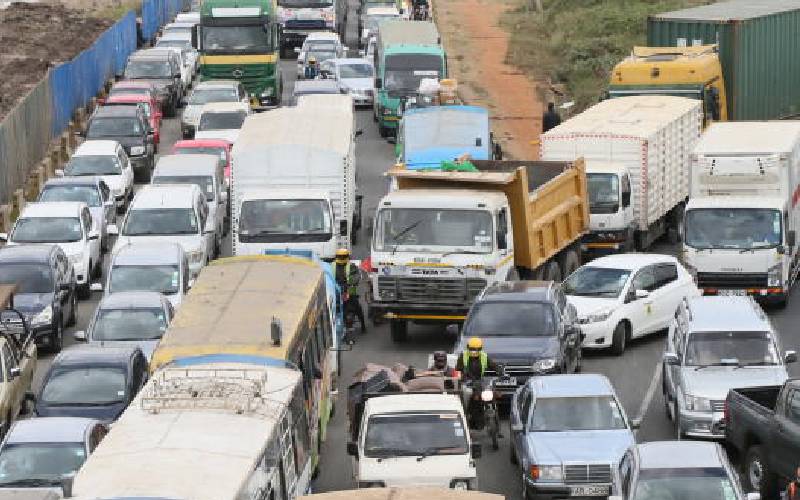×
The Standard e-Paper
Kenya’s Boldest Voice

Traffic snarl up on Mombasa Road which inconvenienced many many travelers and people who were going to work. [Maxwell Agwanda,Standard]
Public uproar yesterday greeted the State’s move to increase fuel products' retail prices to historical highs, with many Kenyans terming the move unwise.